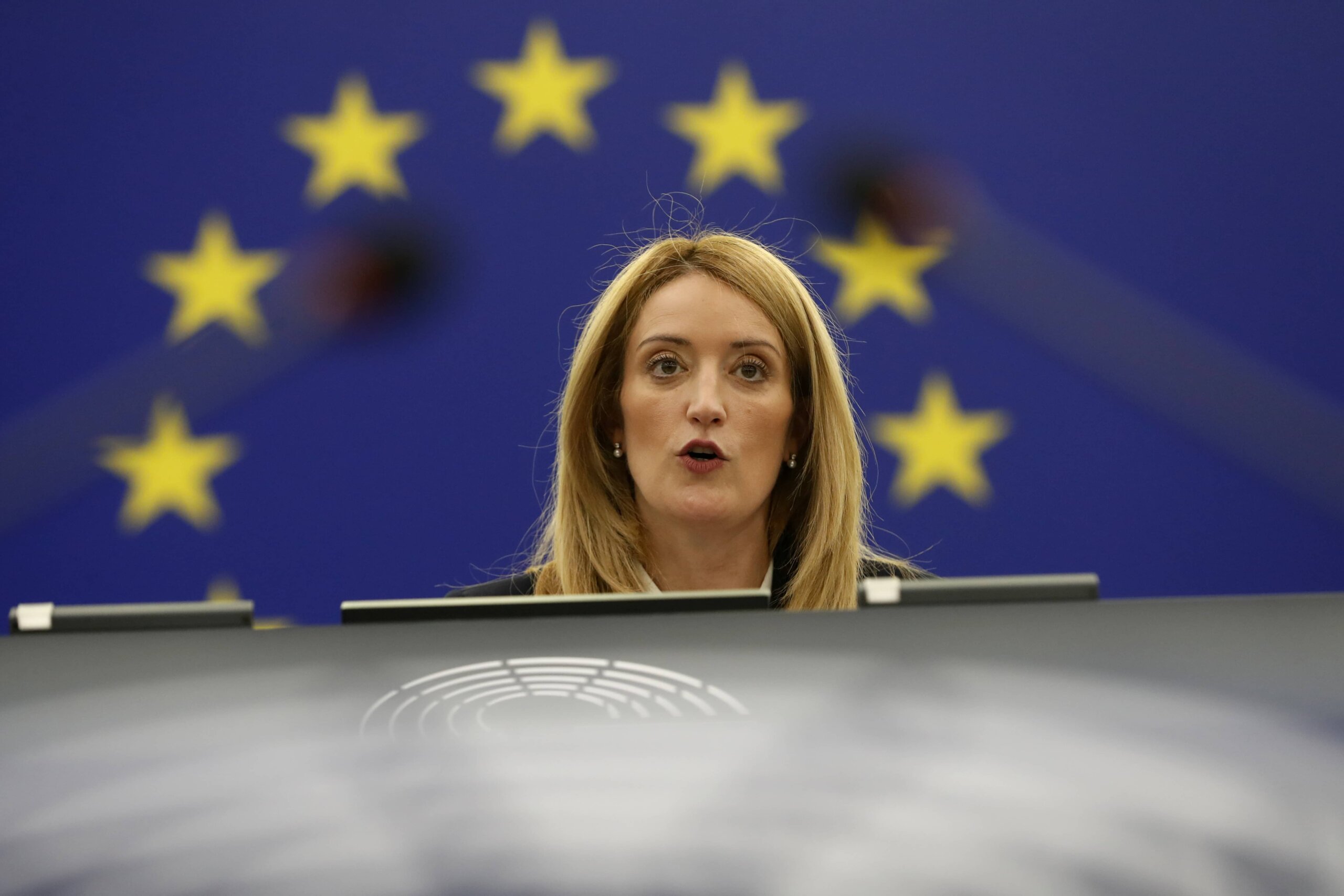Hungary and Poland stand to lose billions in funding from the European Union (EU) following a ruling this week from the bloc’s top court.
The European Court of Justice (ECJ) ruled on Feb. 16 that EU leaders have the right to deny funding to member nations that breach democratic and human rights standards, as Al-Jazeera reports. The ECJ judges wrote in their decision that “compliance with those values cannot be reduced to an obligation which a candidate state must meet in order to accede to the European Union and which it may disregard after accession.
“The European Union must be able to defend those values, within the limits of its powers,” the court asserted.
Hungarian and Polish leaders appealed to the ECJ following the issuance of the EU’s 2021-2027 budget. The 27 nations that hold membership within the multi-state coalition are set to receive billions in aid during that span, which is earmarked for projects like infrastructure development, but under the condition that recipients of EU dollars uphold its “rule of law.”
The two Eastern European countries protested the “rule of law” provision, claiming that it breached national sovereignty. Hungary and Poland have faced scrutiny from the EU in recent years for actions intended to erode the role of the free press, usurp the power of the judiciary and roll back LGBTQ+ equality.
The ECJ disagreed with claims that the EU was overstepping its bounds, ruling that the invocation of sanctions was “adopted on an appropriate legal basis.” The court dismissed Hungary and Poland’s complaint and left no room to appeal.
The decision was met with approval from several key European leaders, including EU commissioner Ursula von der Leyen. Von der Leyen declared the ECJ ruling a sign that the EU is “on the right track” in upholding the values of democracy and equality and vowed to continue fighting “against breaches of the principles of the rule of law.”
“We will act with determination,” she said in a tweet.
Germany’s foreign minister, Annalena Baerbock, joined von der Leyen in lauding the court for defending the rights and freedoms of EU citizens. “Violations not only cost our credibility, but our cohesion,” she wrote in a tweet.
The decision could result in major political and economic fallout for Hungary and Poland. Poland is one of the top recipients of EU aid, receiving nearly $28 billion between the years of 2014 and 2020, according to CNN. Hungary, meanwhile, is gearing up for its April 4 national elections in which far-right Prime Minister Viktor Orbán faces the most serious challenge to his power in years. Polls show he leads the united six-party opposition bloc by just four points.
Even before this week’s ruling, the two nations had already faced punishment from the EU for targeting the rights of vulnerable minorities. Since 2019, more than 100 Polish municipalities have passed largely symbolic ordinances declaring themselves “LGBT free,” while Hungary enacted a law in June 2021 banning “gay propaganda” in schools, television shows, books and films.
The EU responded by threatening to pull payouts to Hungary and Poland for their anti-LGBTQ+ actions, including dollars set aside for COVID-19 aid. EU leaders also filed a lawsuit to the ECJ that could result in additional fines over the countries’ legislation.
While some Polish municipalities have repealed their “LGBT-free” ordinances following the EU threats, others have pledged to keep fighting for their right to discriminate.
Hungarian and Polish leaders made similar declarations on Wednesday following the ECJ’s most recent ruling. Poland’s deputy minister, Janusz Kowalski, said the court’s decision was the “end of the EU as we know it” in a statement cited by the BBC, while Hungary’s minister of justice, Judit Varga, claimed in a Facebook post that the verdict is “living evidence that Brussels is abusing its power.”
“We need to defend ourselves against an attack on our sovereignty,” added Polish Deputy Minister of Justice Sebastian Kaleta on Twitter. “Poland has to defend its democracy against blackmail that aims to take away our right to decide about ourselves.”


 Why you can trust Xtra
Why you can trust Xtra


